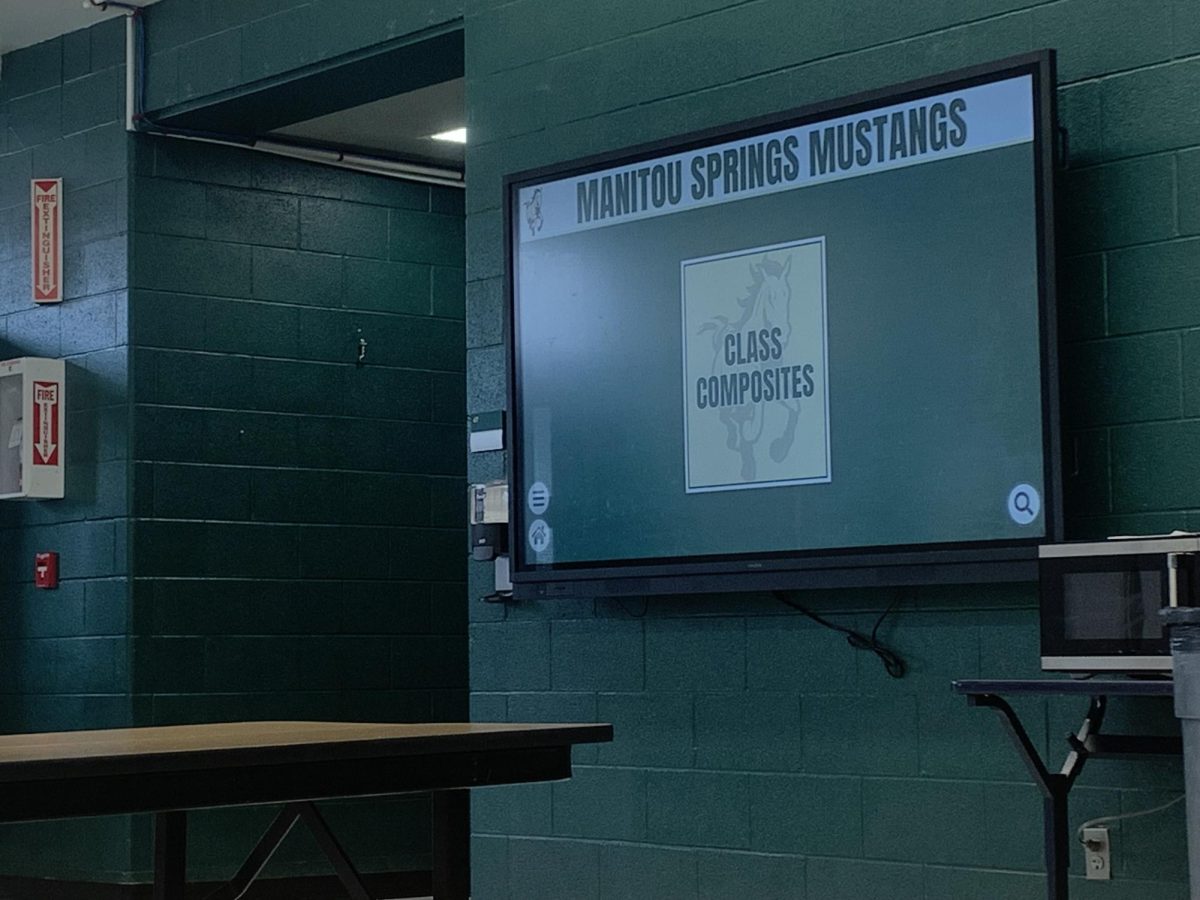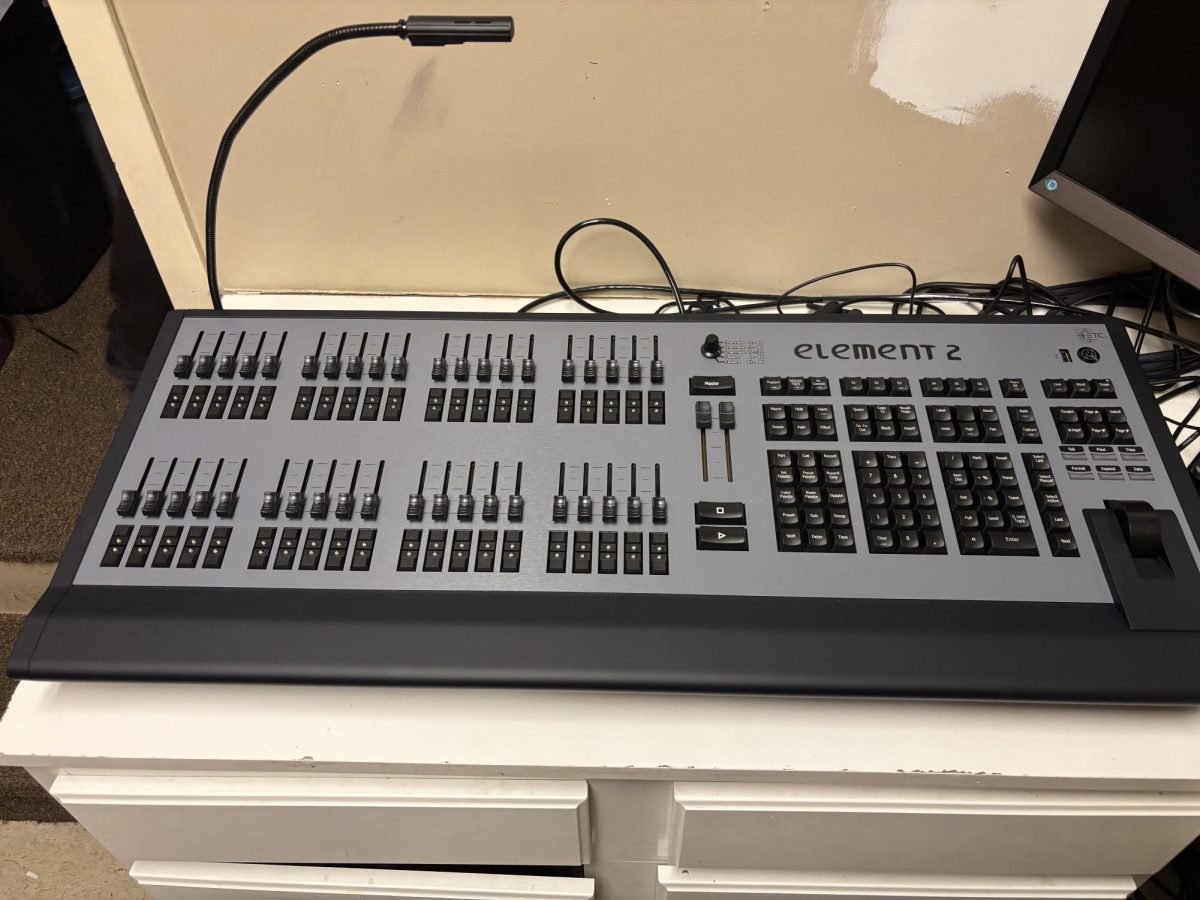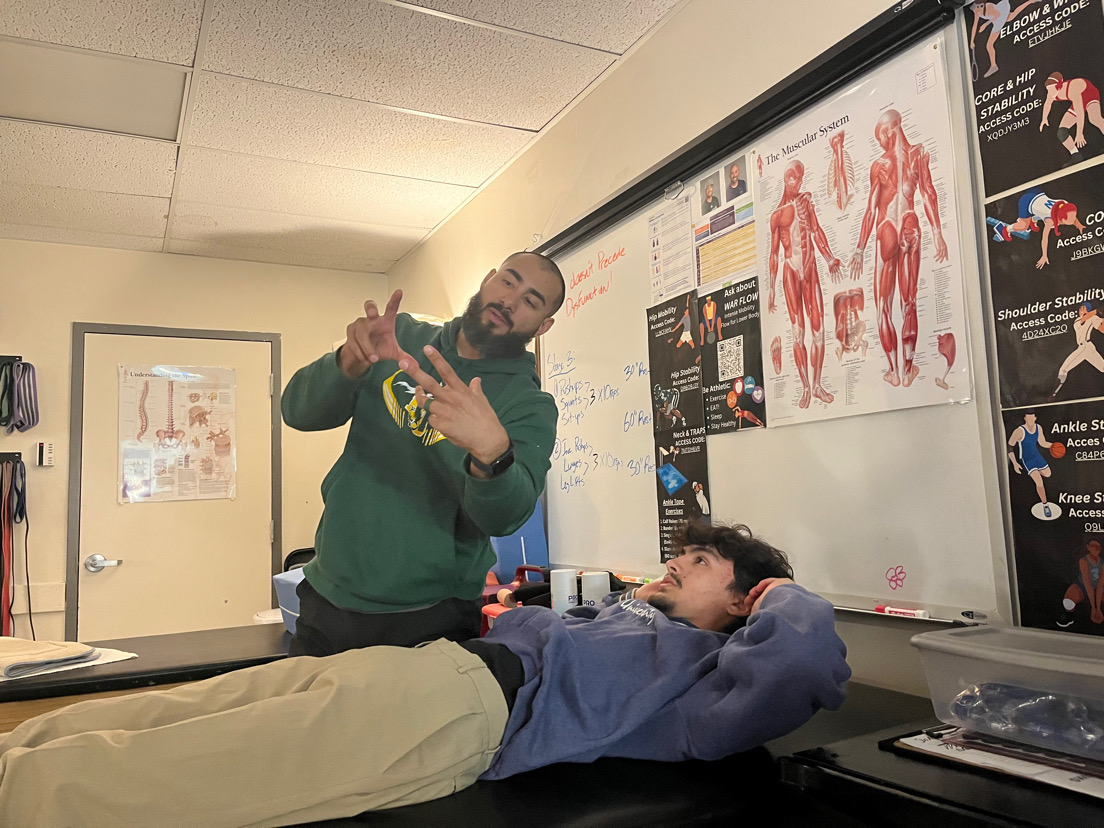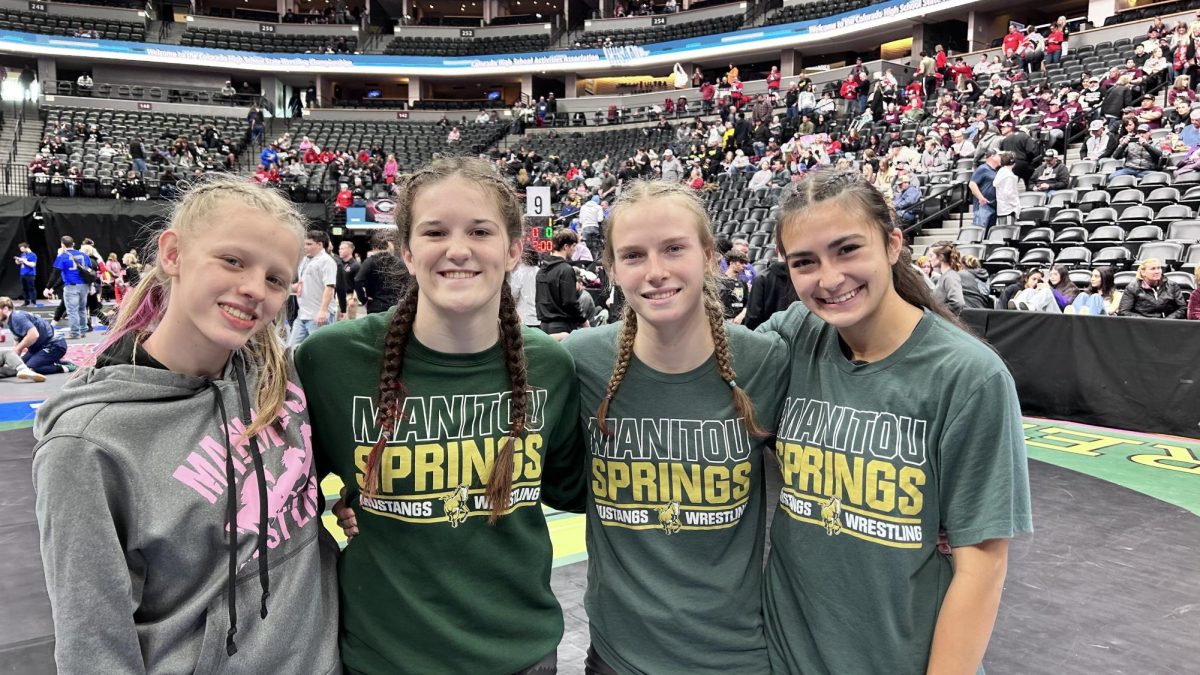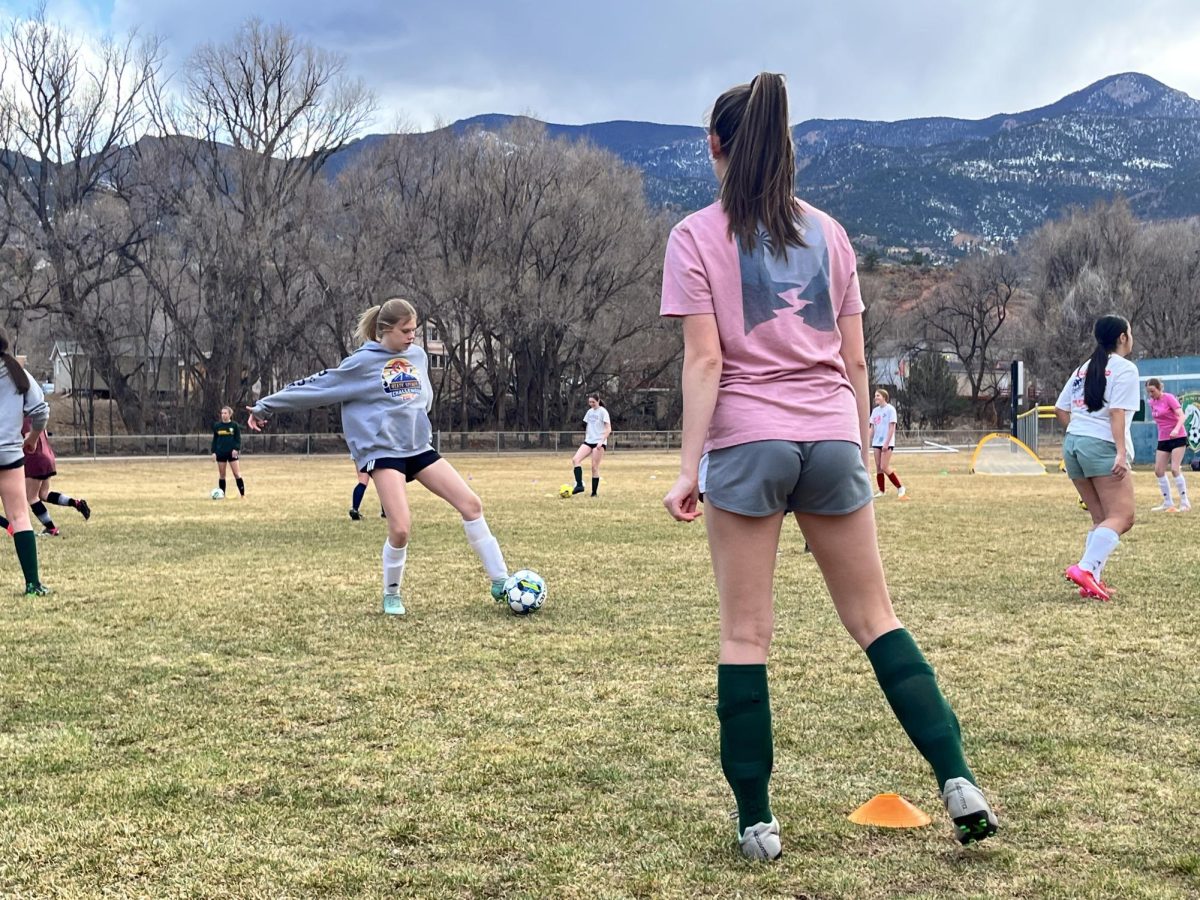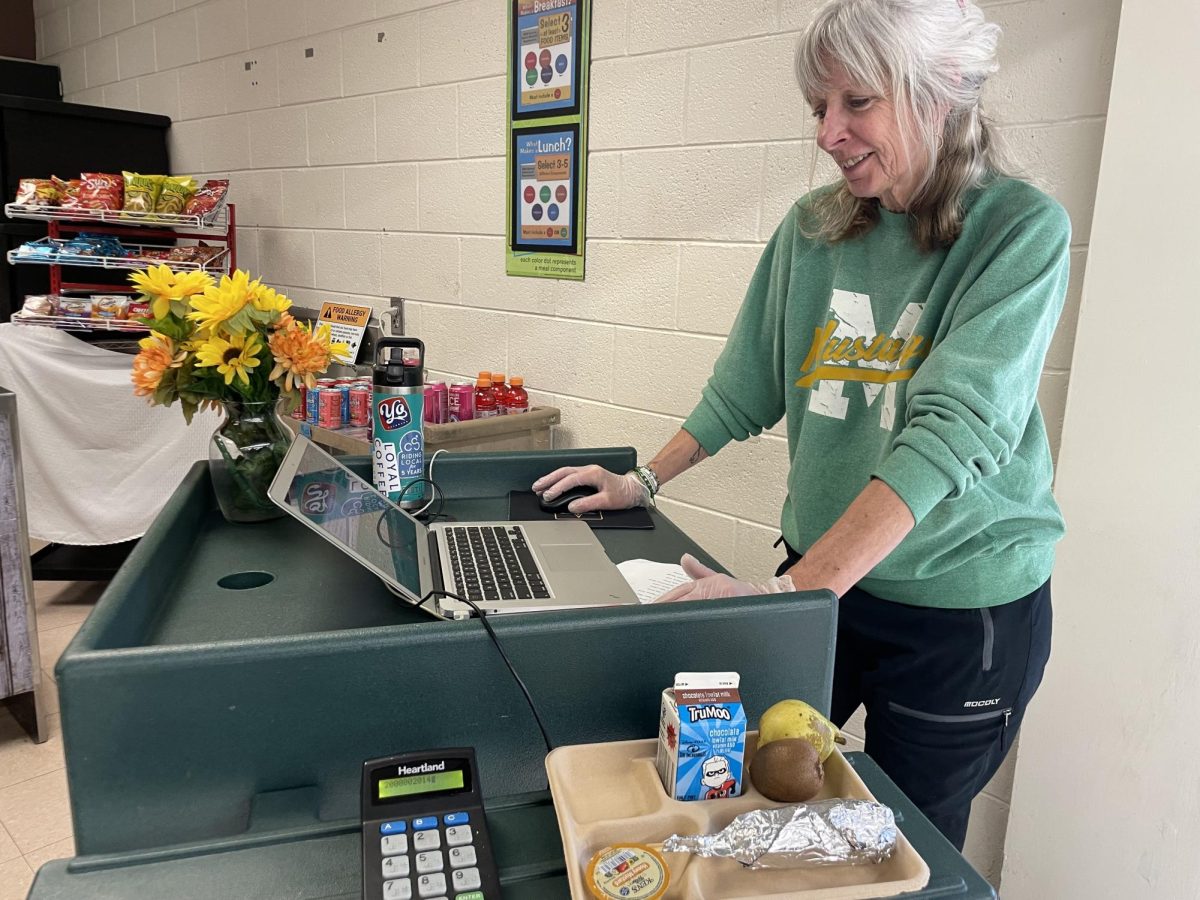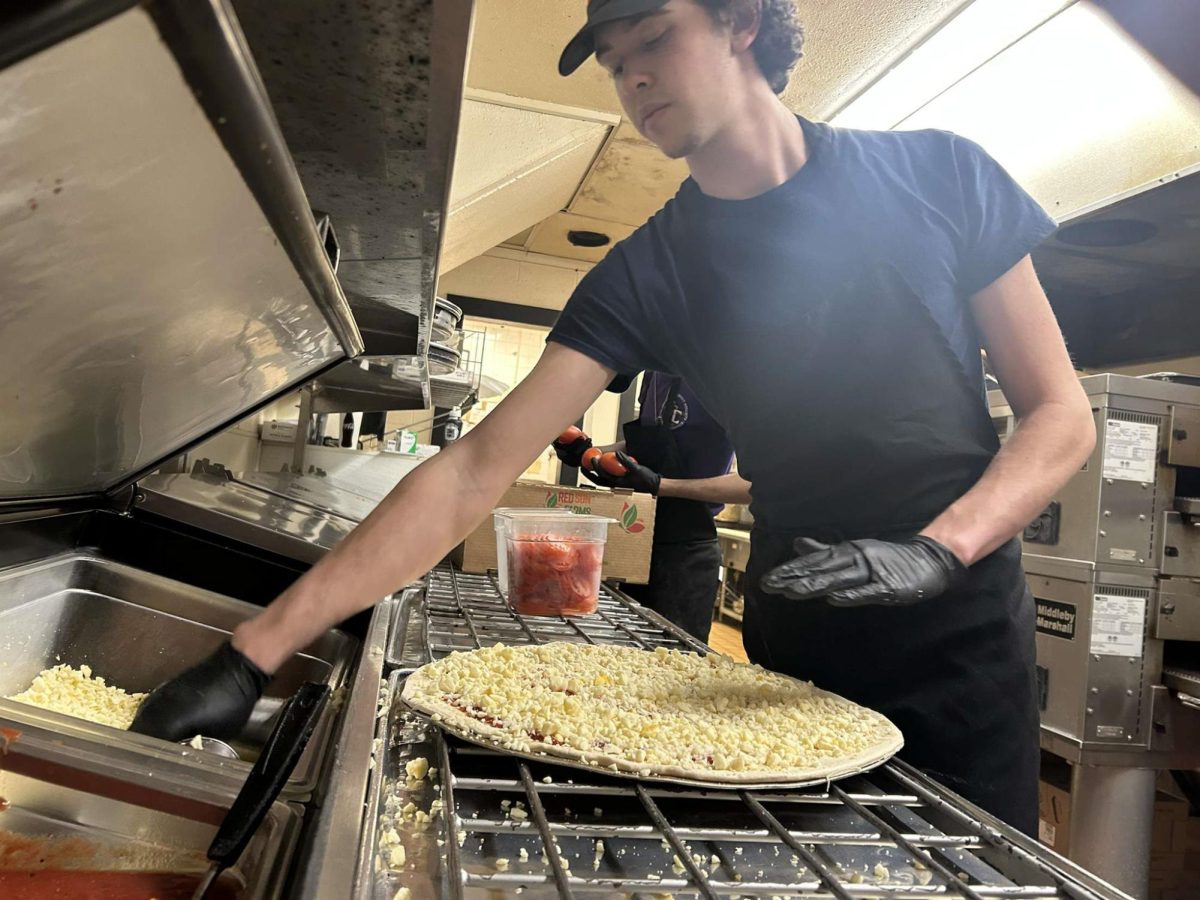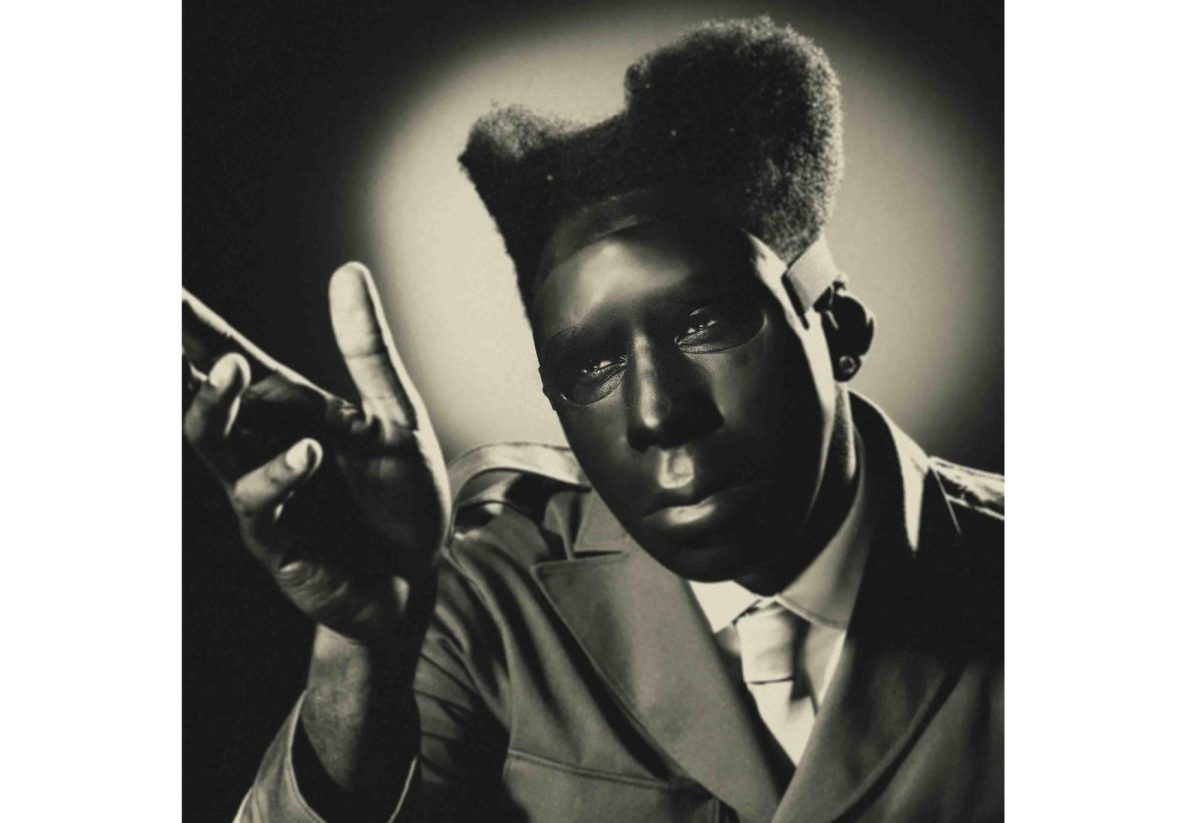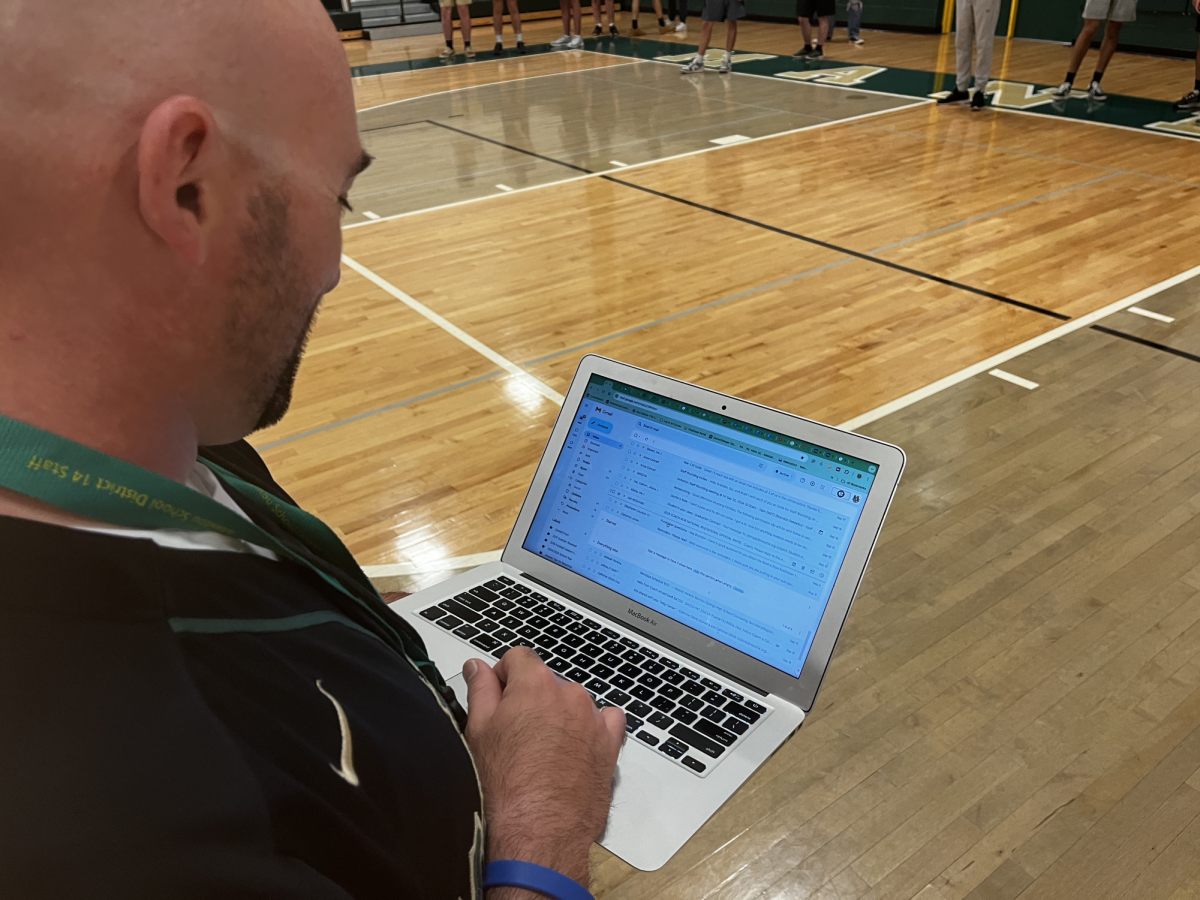Over the course of the last few years, the MSHS administration has wanted to change the athletic and extracurricular activity eligibility requirements, which stated that students may not participate if they have more than two Fs. This year the new rules fell into place requiring that students may only have one F before their eligibility to participate is revoked.
Athletic Director Cameron Jones played a major role in the drafting and the overall consensus of the new rules. Although they went into place this year, the discussions of the current standard started at the end of the 23-24 school year. “Last year was really the turning point where we started really getting into some serious discussions around how this looks,” Jones said.
Though the change might seem sudden to students, Jones alongside coaches and administration have been debating for a change the last few years.
Both the coaches and the administration wanted a new system that would hold student-athletes and performers to a higher standard, while still allowing them to participate. “We came to a consensus that we wanted to make things a two-part system,” Jones said. “We wanted a system that gave kids an opportunity to get back quicker, but then also at the same time, hold kids to a higher academic standard.”
The time between grade checks for MSHS was the longest in the Tri-Peaks League, with most schools doing a weekly or bi-weekly check. This meant if you failed eligibility at MSHS you had to wait on average about 4 weeks until the next check.
Brandon DeMatto, the head varsity baseball coach, also teaches physical education and helps with football coaching at the high school. DeMatto believes that the new rules are not only going to help students but set them up for life outside their sports and activities. “My philosophy with kids is when you establish a high standard for them, they’re more inclined to go meet that standard,” DeMatto said.
DeMatto doesn’t want to punish his athletes, rather make them better not only in sport but in life. He believes that even if they were to fail a grade check they shouldn’t have to suffer weeks to be back again. “I thought the eligibility should be stricter in terms of how many F’s you can play with, but the second component to that was being more frequent with the eligibility checks to give kids an opportunity to fix what they did wrong and get back to sport,” he said.
As an assistant coach, he hasn’t had any real problems with the current rule. “I think we had one football player on the ineligibility list. So it’s still too early to really tell if it’s had much of an impact,” DeMatto said. “You know, I think when we get through the fall season we will have an idea, you see the great thing about these changes is that we’re in the implementation stage.”
DeMatto uses sports as an extension of the classroom. Making the policy stricter can only help the athletes in sport but beyond that. “Our job is to try to teach a bunch of life lessons so that when you leave our programs, you’ve been there before, and you know how to react,” DeMatto said. “You’re ready and prepared for when life hits you in the chin. Because for every one of us, we don’t know what it’s going to look like, but it’s going to happen.”


